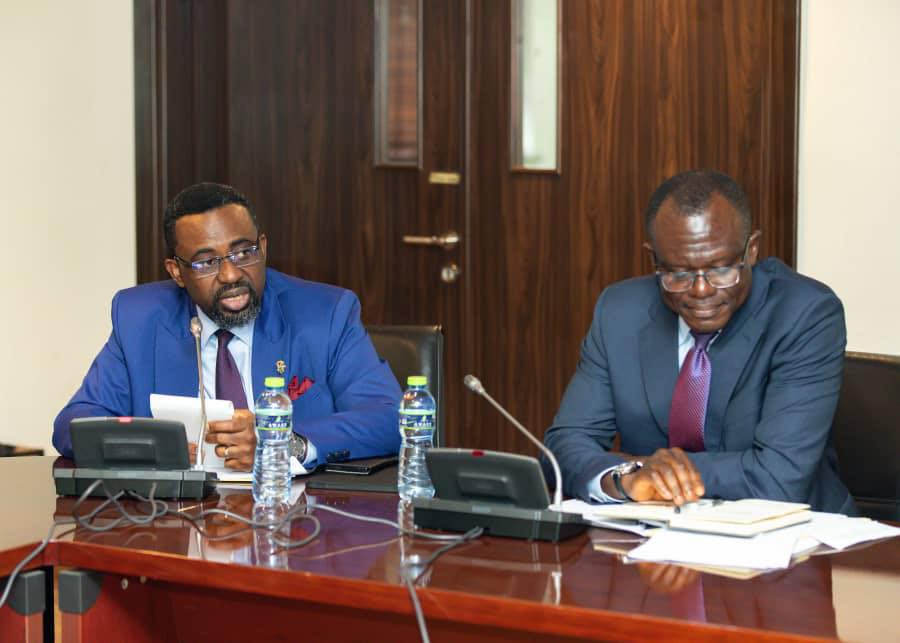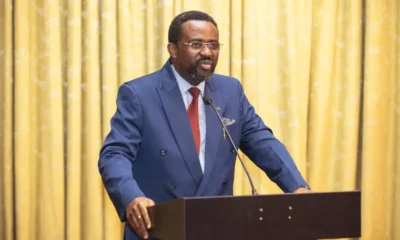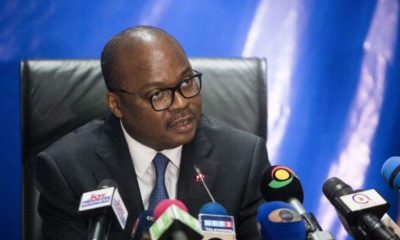In a striking contradiction to earlier statements made by Ghana’s Finance Minister, the Bank of Ghana (BoG) has officially confirmed the existence and operation of the controversial “Gold for Oil” programme, reigniting debate over transparency and policy clarity within the country’s economic management.
According to Hon. Kojo Oppong Nkrumah, Member of Parliament and a member of the Economy and Development Committee of Parliament, the BoG revealed during a recent committee engagement that approximately $1.7 billion worth of fuel cargo was financed under the Gold for Oil initiative, a programme that the Finance Minister had previously denied ever existed.
“Ignore the propaganda that there was no Gold for Oil program,” Hon. Oppong Nkrumah posted, emphasizing the BoG’s clear stance and financial records backing the programme’s implementation.
The Bank also highlighted significant economic outcomes stemming from the broader gold purchase strategy. Between the first half of 2024 and the same period in 2025, gold prices surged by 43%, and cocoa, another major export, rose by 90%, leading to stronger forex inflows that have helped stabilize the Ghanaian cedi.
Despite these gains, challenges persist. The BoG noted that while over $2 billion has been pumped into the economy from reserves to support the local currency, concerns remain about the sustainability of such interventions. To address this, the Bank is launching a new hedging programme to protect a portion of the country’s gold reserves from future market volatility.
On domestic monetary policy, the BoG disclosed it has sterilized nearly GHC 60 billion since January to control inflation and liquidity. However, the committee argues that these funds could be better used if redirected to productive channels like the Venture Capital Trust Fund (VCTF) or the Ghana Stock Exchange (GSE), to stimulate growth and job creation.
Additionally, the Bank acknowledged growing complaints about a shortage of US dollars in the local market. Although BoG insists that it has sufficient forex reserves, it has launched an investigation into the Nostro holdings and Net Open Positions of commercial banks to determine if some institutions may be contributing to artificial scarcity or speculative behavior. Findings from this probe are expected in about a month.
The revelation about the Gold for Oil deal’s existence not only raises questions about intra-government communication but also reignites public debate about the management of Ghana’s natural resources and energy financing strategies.
As Parliament remains on recess, observers anticipate that these revelations will dominate discussions when lawmakers reconvene. The call for greater transparency and accountability in both fiscal and monetary policy has never been louder.
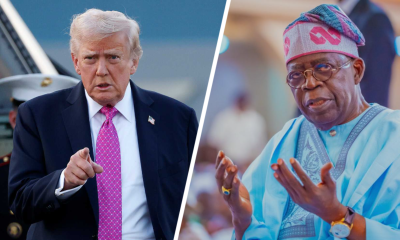
 World News3 months ago
World News3 months ago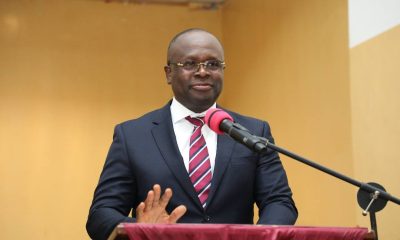
 News2 months ago
News2 months ago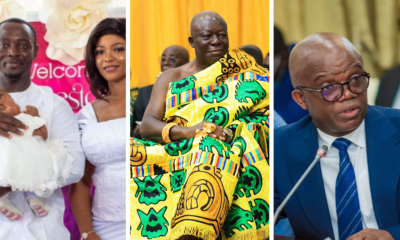
 News2 months ago
News2 months ago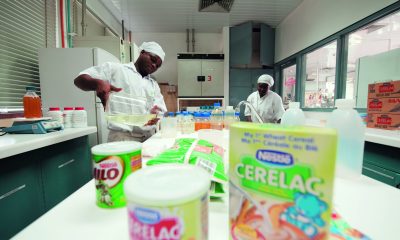
 Health2 months ago
Health2 months ago
 News2 months ago
News2 months ago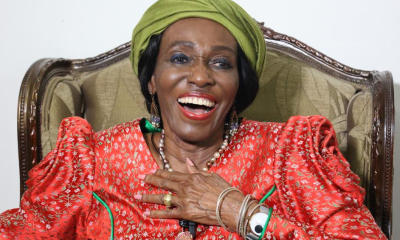
 News3 months ago
News3 months ago
 News2 months ago
News2 months ago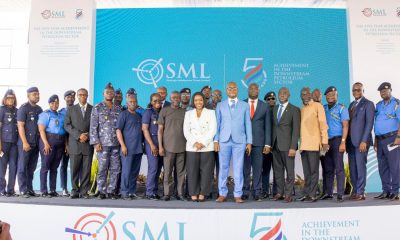
 News3 months ago
News3 months ago
